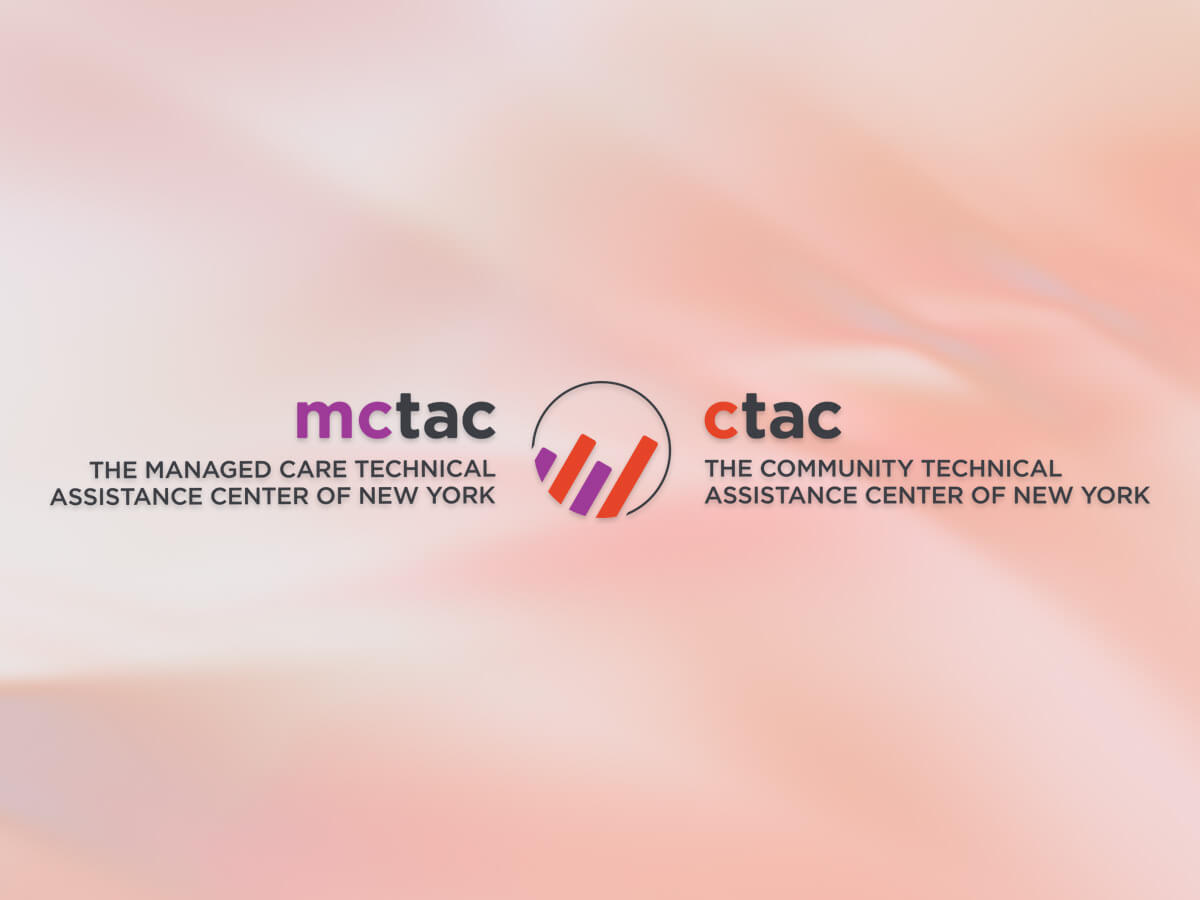In keeping with the McSilver Institute’s commitment to infusing anti-oppressive practice in every aspect of its operations, in 2015, the New York State-funded, McSilver Institute-directed Community Technical Assistance Center (CTAC) launched a series of webinars for mental health providers addressing race, trauma, and poverty in the context of psychotherapy.
According to McSilver Institute Research Scientist Jayson K. Jones, LMSW, who is the project coordinator for the series, “The webinars look at how the trauma of racism and poverty plays out in therapy, and help providers pinpoint skills and evidence-based interventions they can apply in their work. Race is something mental health professionals may discuss among themselves, but it is seldom brought up during therapy sessions. This is particularly true when the therapist and client are of a different race and/or culture. Although there are many trainings for therapists on cultural competency, there is seldom an opportunity for a participant in therapy to say ‘hey these are our differences and this is how I feel about them.’ Just in that, there is a lot of room for client disengagement.”
So far, more than 400 professionals from licensed mental health clinics across the state have participated in the webinar series. In the first session, Robert T. Carter, PhD, from Teachers College at Columbia University, addressed race-based traumatic stress, ways of working with participants who have experienced racism, and implications for the assessment of trauma beyond the DSM-5. In the second, Monnica Williams, PhD, from the University of Louisville, reviewed the role of race and racial identity in the therapeutic relationship, and offered best practices for clinicians working with persons of color. In the third, Dr. Williams highlighted common instances of racial microaggressions and strategies for how clinicians can challenge racial stereotypes to more effectively work with participants of color. All have been archived and available on CTAC’s website here.
Mr. Jones said the webinar series has received extremely positive feedback and will be part of CTAC’s ongoing offerings. “We have heard from providers who are grateful someone is talking about this, and appreciate the concrete resources attached to each of the webinars. We are also creating opportunities for linkages, so many of our providers have asked to get in contact with our webinar presenters for more information about their research and how they can really talk to participants one-on one in sessions and in groups.”

